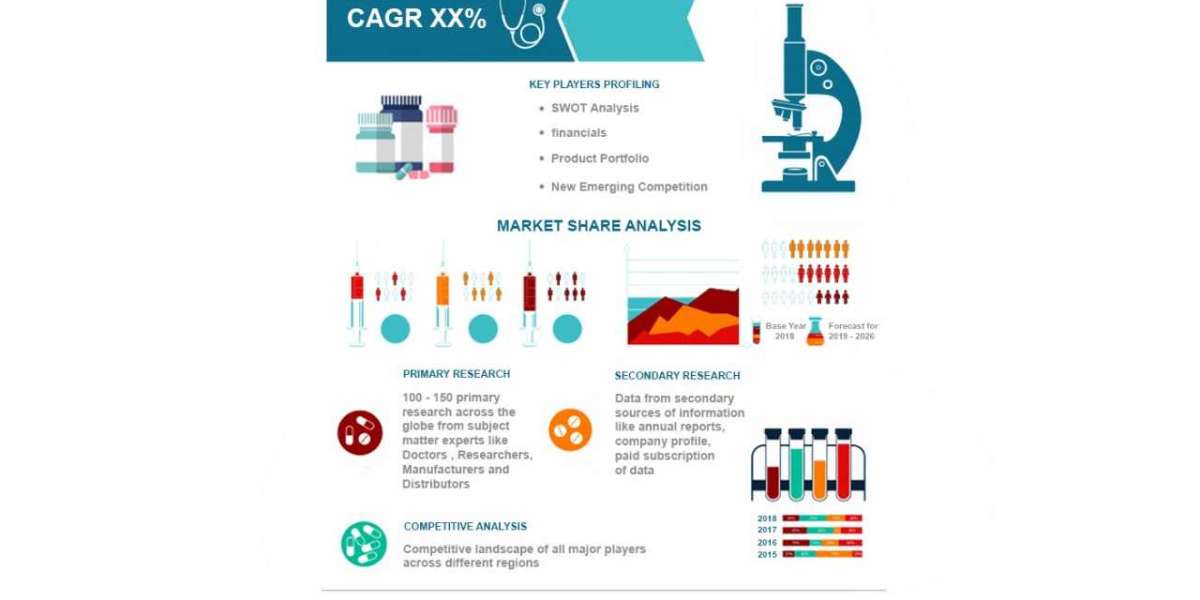The aluminum alloy wheel market is experiencing a significant surge, propelled by several factors including increasing demand for lightweight, durable, and aesthetically pleasing automotive components. Aluminum alloy wheels have become increasingly popular among consumers and manufacturers alike due to their numerous advantages over traditional steel wheels.
One of the primary drivers of the aluminum alloy wheel market is the automotive industry's continuous quest for enhanced fuel efficiency and performance. Aluminum alloy wheels are considerably lighter than their steel counterparts, reducing the overall weight of the vehicle. This reduction in weight translates to improved fuel efficiency and better handling, making aluminum alloy wheels an attractive option for automakers striving to meet stringent fuel economy standards and consumer preferences.
Furthermore, aluminum alloy wheels offer superior heat dissipation compared to steel wheels, which is particularly beneficial for high-performance vehicles that generate significant heat during operation. This characteristic helps prevent brake fade and ensures consistent braking performance, enhancing both safety and driving experience.
In addition to performance benefits, aluminum alloy wheels also offer aesthetic advantages. They are available in a wide range of designs, finishes, and sizes, allowing consumers to customize their vehicles according to their preferences. The sleek and modern appearance of aluminum alloy wheels enhances the overall look of the vehicle, contributing to its appeal and resale value.
Moreover, aluminum alloy wheels exhibit excellent corrosion resistance, which is especially advantageous in regions with harsh weather conditions or where roads are frequently treated with salt or other corrosive substances. This corrosion resistance helps prolong the lifespan of the wheels and maintains their appearance over time, reducing maintenance costs for vehicle owners.
The growing automotive aftermarket segment is also fueling the demand for aluminum alloy wheels. Many consumers choose to upgrade their vehicles with aftermarket aluminum alloy wheels to enhance performance, aesthetics, and individuality. This trend has led to an increase in the availability of aftermarket aluminum alloy wheels in various designs and price ranges, further driving market growth.
However, despite the numerous benefits of aluminum alloy wheels, cost remains a significant consideration for both manufacturers and consumers. Aluminum alloy wheels are generally more expensive to produce than steel wheels, which can impact the overall cost of vehicles. Additionally, repairing or replacing aluminum alloy wheels can be more costly compared to steel wheels, although advancements in technology and manufacturing processes are helping to mitigate these concerns.
Overall, the aluminum alloy wheel market is poised for continued growth, driven by factors such as increasing demand for lightweight and high-performance automotive components, aesthetic preferences, and advancements in manufacturing technology. As automakers continue to prioritize fuel efficiency, performance, and consumer appeal, aluminum alloy wheels are expected to remain a key focus area within the automotive industry.




